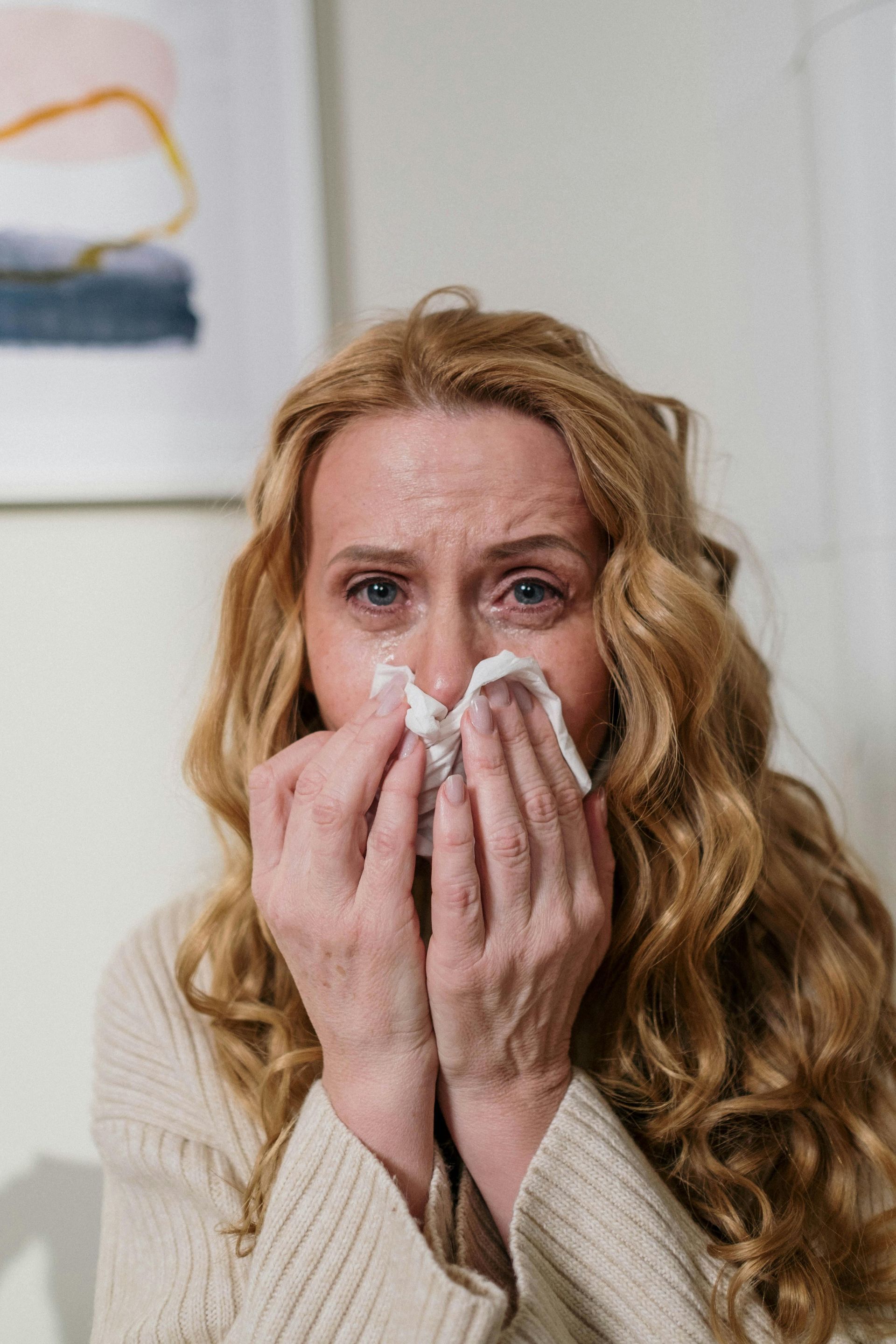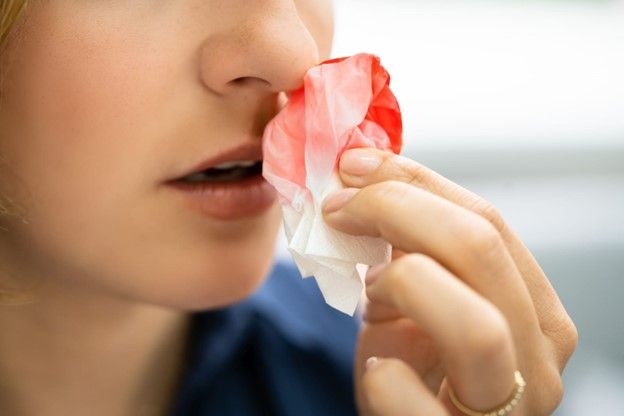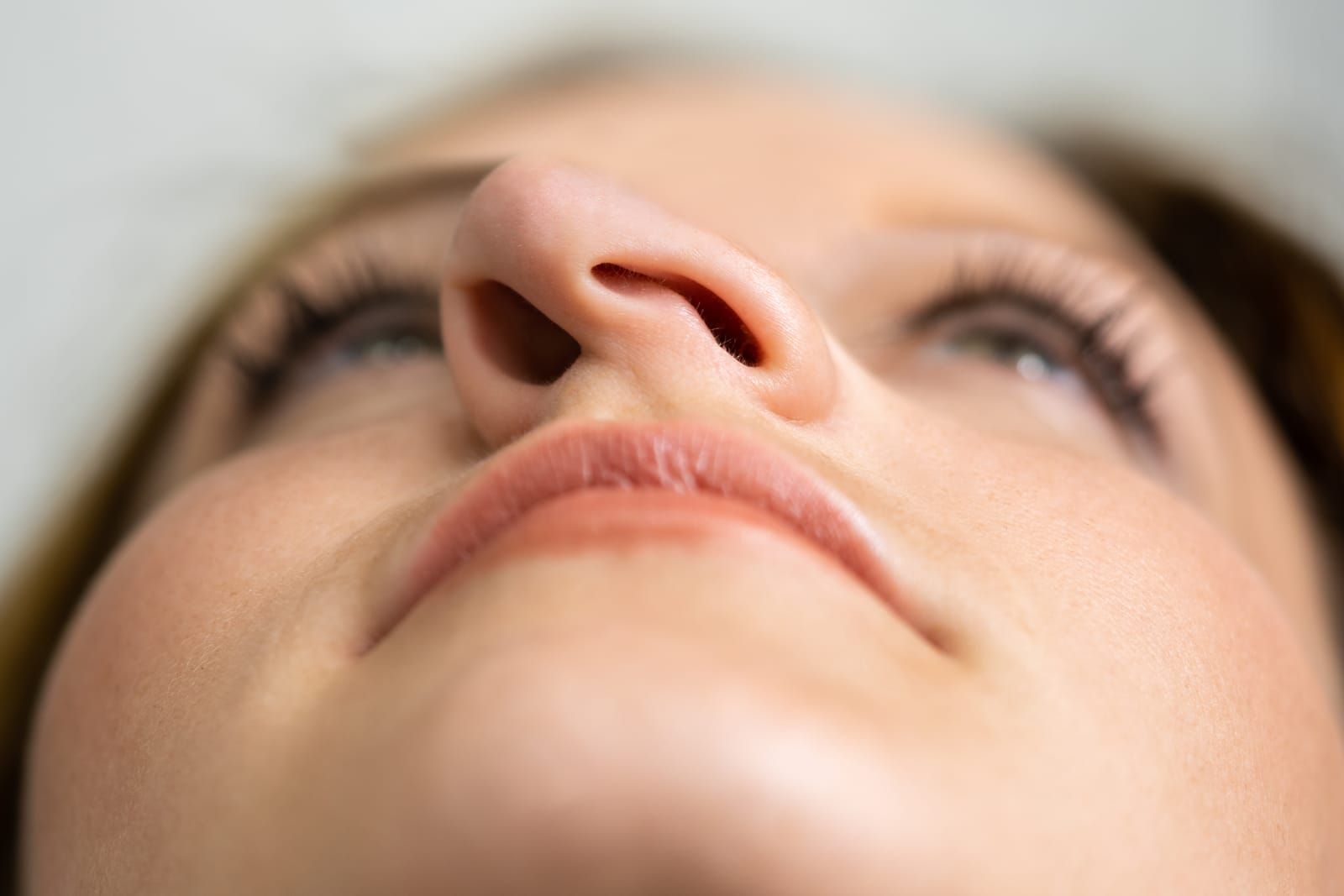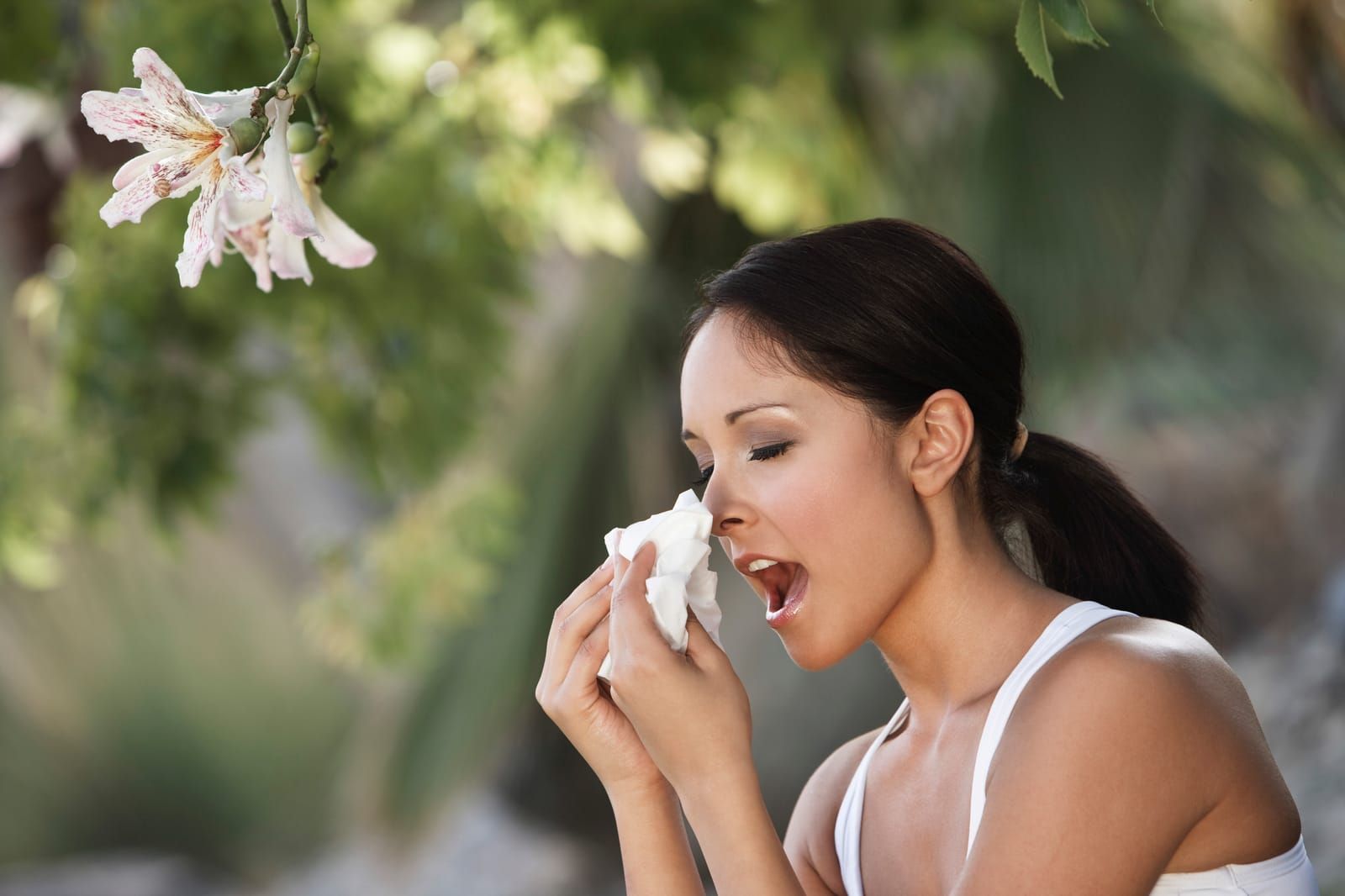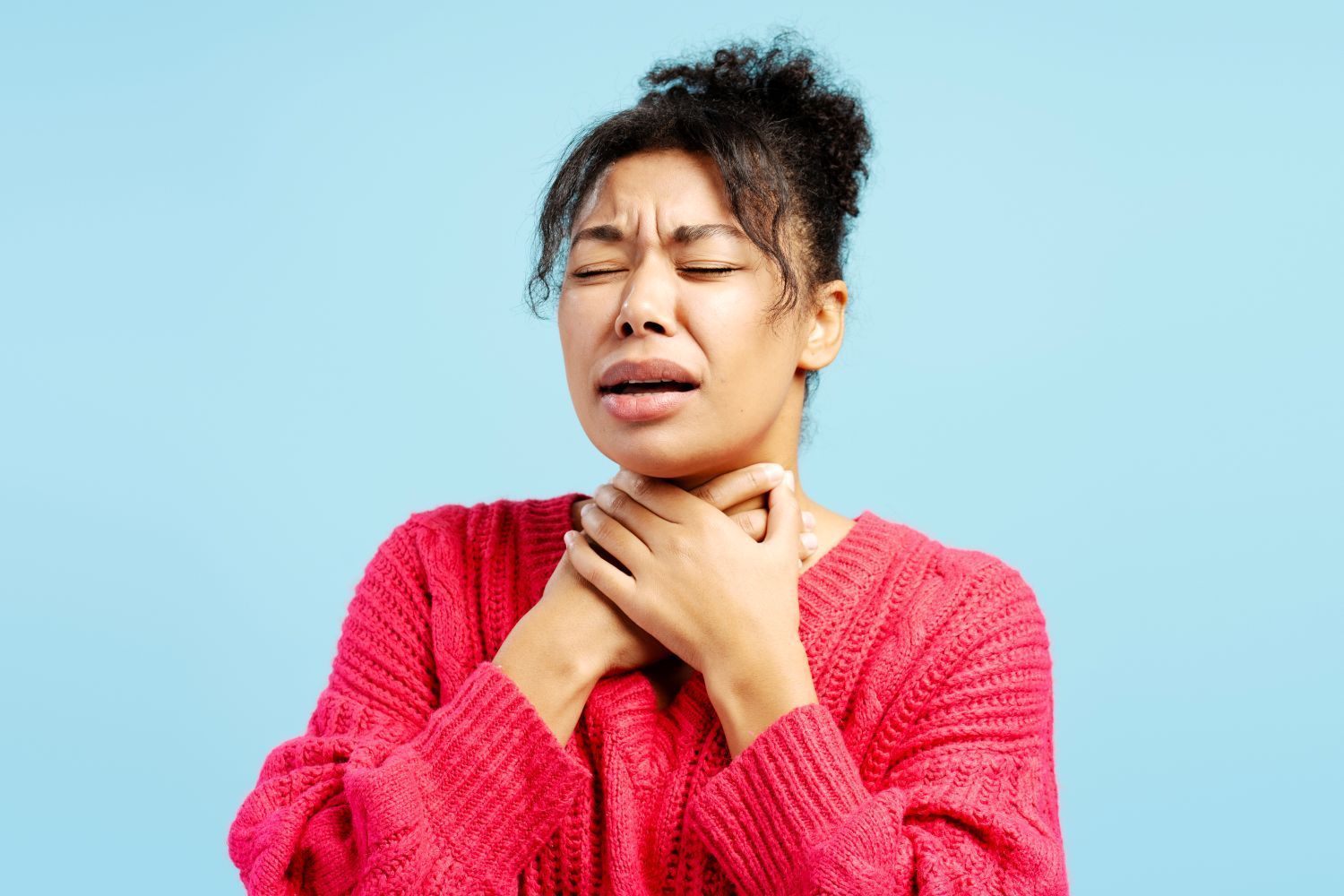FAQs about Allergies in Louisville, KY
Louisville is a difficult place to live in for people with allergies. Did you know that the Asthma and Allergy Foundation of America ranked Louisville the 46th most difficult place to live with allergies in the country? The city’s proximity to a river basin and its orientation in the Ohio Valley means that pollen gets recycled within its streets instead of being washed away.
Whether you’ve only just discovered you’re allergic or if you’ve been a long-time sufferer, this article can help you. We’ve highlighted some frequently asked questions about living with allergies in Louisville, Kentucky. Keep reading to know more!
How to Tell if it’s Allergies or COVID-19?
Allergy and COVID-19 symptoms tend to overlap, so it can be difficult to distinguish between them. According to the Centers for Disease Control (CDC), fever, cough, shortness of breath, fatigue, headache, and sore throat are some of the common symptoms of COVID-19.
Repeated sneezing, coughing, watery eyes, itchy sinuses, runny nose, and ear congestion are some symptoms of allergies. While some of these symptoms are similar to COVID-19 symptoms, you won’t experience as much sneezing or itchiness with COVID-19.
If you’ve taken the necessary COVID-19 precautions and are still worried about your symptoms, you can always take an at-home test to check for the virus.
Will Seeing an ENT Help?
When their allergies act up, most people take over-the-counter antihistamine medications, such as cetirizine or fexofenadine. Some people find relief from their symptoms by using nasal sprays.
However, if the medications don’t ease your symptoms and, in some cases, seem to be aggravating them, it might be time to consult an allergy specialist. They might recommend allergy shots or immunotherapy, depending on your condition.
What Are Some Tips to Avoid Allergies?
You can’t always avoid coming into contact with allergens, but you can ensure that you come into contact with them less frequently. Here are some tips to avoid aggravating your allergies:
● Pollen counts are higher in the mornings. So, reschedule whatever outdoor activities you have planned for the morning to the afternoon.
● During spring, keep your windows shut and turn on the air conditioning. This can help keep your house pollen-free. Also, keep your windows rolled up when you’re out in your car. The chances of you attracting pollen outdoors are higher than your chances indoors.
● Wearing a mask can help reduce the amount of pollen you breathe in.
● If you spend a lot of time outside during the day, take a shower and wash your hair when you return home. Otherwise, the pollen stuck to your hair can get on your furnishings, causing you to breathe it in.
● Give your pets a bath after they’ve been outdoors, as they can also track pollen into your house.
Will Moving Help?
Yes and no. Moving to a different city or region with a lesser pollen count can help reduce the frequency of your allergic reactions. However, it cannot eliminate them entirely. Immunotherapy, allergy shots, or other types of treatment are the only way to ease your symptoms.
Talk to an experienced otolaryngologist about how best to manage your allergies and follow their professional advice. ENT Care Centers (ENTCC) is committed to bringing you high-quality and compassionate ear, nose, and throat care in Louisville, Kentucky, and southern Indiana. Our professionals can help answer any questions you have about allergies. Book an appointment with us today! If you have other doubts or concerns, feel free to call us at (502) 894-8441.




